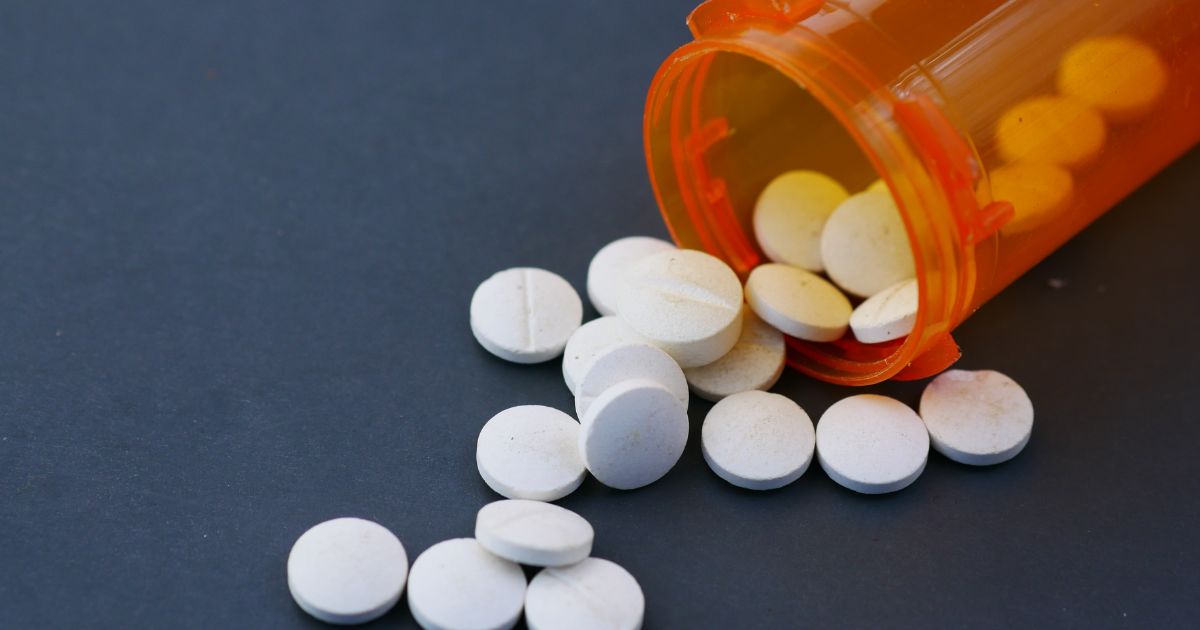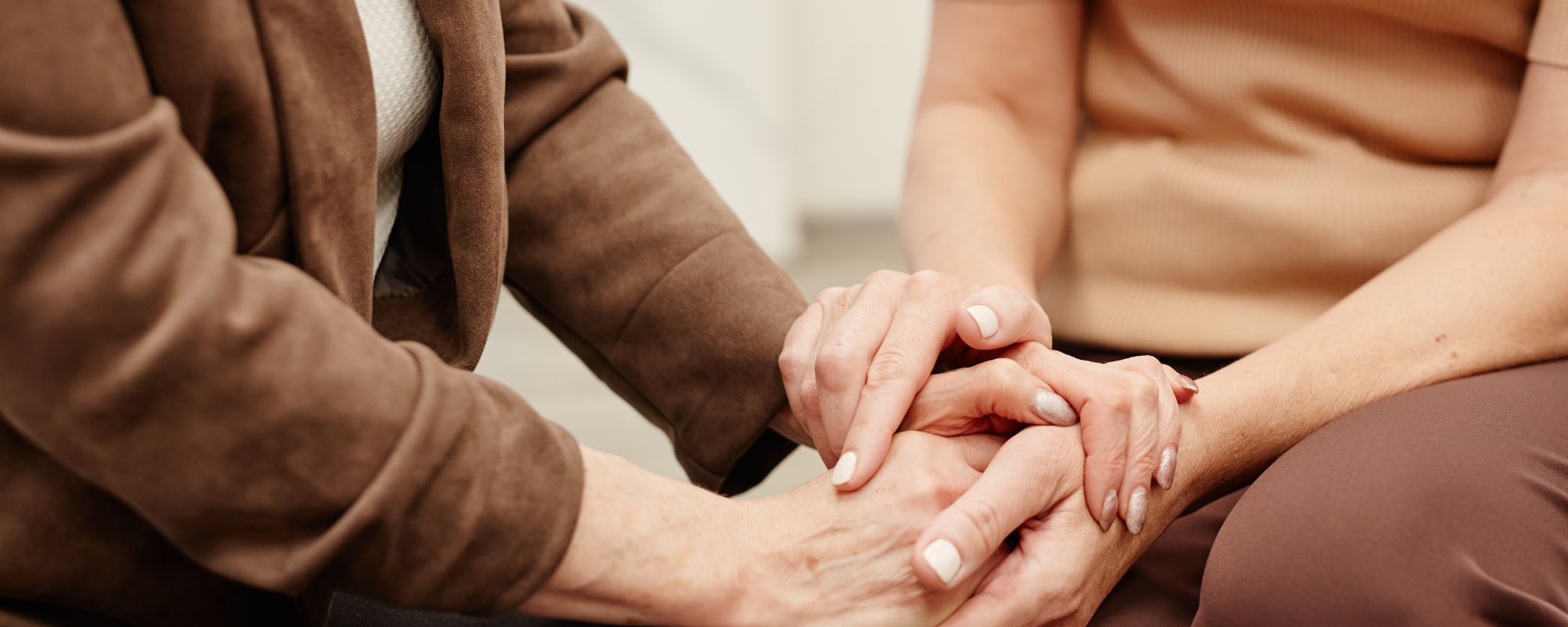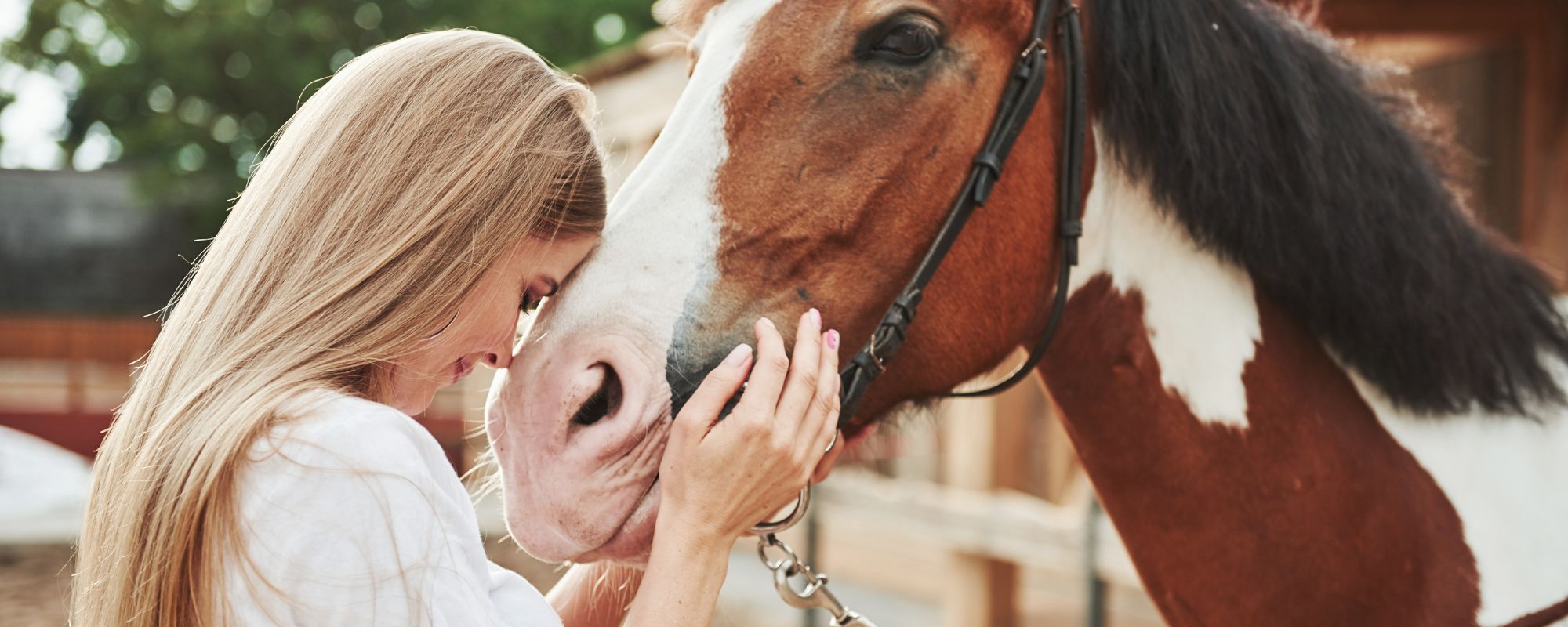If you are wondering how a recovery lifestyle reduces the risks of coronavirus, it is important to understand the factors that contribute to getting sick.
Evidence-based peer-reviewed scientific articles have long established the fact that respiratory viruses, including coronavirus, infect stressed people more than their more accepting, grateful, and serene counterparts.
Proof That Stress Can Increase Your Risk of Catching Covid
In order to determine the relationship between psychological stress and a person’s susceptibility to the common cold, early scientific studies actually gave participants nasal drops containing a variety of illnesses.
The nose drops contained one of five respiratory viruses including:
- Variants of the common cold (rhinovirus type 2, 9, or 14)
- Respiratory syncytial virus (RSV)
- A mild strain of coronavirus (type 229E)
The study concludes that “psychological stress was associated in a dose-response manner with an increased risk of acute infectious respiratory illness… this risk was attributable to increased rates of infection rather than to an increased frequency of symptoms after infection.”
This means that people who struggle with chronic stress are more likely to catch a cold when exposed to a viral infection. With that being said, the study found that the purposeful administration of viruses directly does not increase the “frequency of symptoms after infection.”
Simply put, the results of these scientific studies show that stress increases the risk of acute infectious respiratory illness.
How Does Someone Contract COVID-19?
Clinical virus epidemiologists, and medical school graduates that study virus behavior and not virus sequences, have known for decades that viruses enter a very large percentage of the nose, throat, and lungs of people under crowded conditions.
In general, five basic things happen after viruses enter the nose, throat, and lungs:
1. No viral infection
In these cases, the viruses do not infect the person. As a result, the virus does not trigger a major immune response, and the individual experiences no symptoms.
2. Low-level viral infection
In these instances, the virus infects the individual but causes very minimal to no symptoms of respiratory-based viral infection.
3. Moderate viral infection
Following a moderate infection, the virus infects the person and the immune system is relatively capable of fighting back. With that being said, the person still experiences moderate symptoms that do not require hospitalization.
4. Severe viral infection
Those who experience a severe viral infection lack a strong enough immune system to fight the virus which results in severe symptoms that require hospitalization.
5. Life-threatening viral infection
Those who experience a severe viral infection can experience serious complications due to serious complications such as inflammation of the lungs or brain. This can also be exacerbated by underlying health issues such as asthma, cancer, and diabetes. These factors can result in life-threatening consequences and ultimately death.
Who Is Most Likely to Contract COVID-19?
When viruses like COVID-19 first appear, we don’t know exactly how contagious they are to immune-suppressed people. However, we do know that most viruses are more dangerous for those with weakened immune systems.
It is important for people who are immune-suppressed to take extra precautions such as practicing social distancing, regular hand washing, and wearing masks to reduce the risk of infection.
Examples of people who struggle with non-illness-related health risks can include people who smoke, vape, binge eat, undereat, binge drink, drink heavily, and abuse drugs.
How Will the Coronavirus Behave?
Time may tell how the percentages pan out for the coronavirus, however, we can estimate how Covid-19 is likely to behave based on similar viral infections.
If we take a look at closely-related viruses, the population responds in the following ways:
- Not infected after exposure with no symptoms, 30%
- Infected after exposure with no symptoms, 40%
- Infected with moderate symptoms not needing hospitalization 19%
- Infected with severe symptoms needing hospitalization, 10%
- Infected with severe symptoms and death, less than 1%
Regardless of estimates of respiratory-based (not HIV- or hepatitis-based) viral behavior in general and coronavirus behavior specifically, Cohen concluded that “viral-challenge studies suggest that psychological stress is a risk factor for upper respiratory infections with the strongest evidence provided by recent well-controlled, prospective viral-challenge trials” (Cohen, et al).
How Can a Recovery Lifestyle Reduce Your Risks of Catching COVID?
A recovery lifestyle can help to reduce your risks of catching COVID because a key part of recovery is learning how to manage stress and negative emotions in a healthier way. When you live a recovery lifestyle, you take steps each day to improve your mental and physical health through healthy habits and self-care. By reducing stress and negative emotions, you can boost your immune system and decrease your chances of becoming ill with COVID or other illnesses.
Some key ways a recovery lifestyle can help include:
- Stress management techniques: Practice deep breathing and meditation each day to reduce stress and improve your mental health.
- Exercise: Staying active helps to boost your immune system and can help to maintain strong immunity against viruses like COVID.
- Healthy diet: Eating a nutritious, well-rounded diet will improve your overall health, including the strength of your immune system.
- Sleep: Getting enough sleep each night helps to improve your overall well-being and mental clarity.
- Socialization: Connecting with others is important for emotional health, so continue to reach out to friends and family.
While a recovery lifestyle can help you avoid catching COVID-19, it is still important to practice caution when out in public and to follow the recommended guidelines set by your local health authorities. With a few lifestyle changes, you can be better prepared to maintain your own mental health and protect yourself from potential illnesses.
Reach Out
Active substance misuse often evolves into an increasingly larger amount of worry, stress, and anxiety. This increases one’s risk of coronavirus infection, as it does with other infectious diseases. The magnitude of infection varies based on each person’s lifestyle type and corresponding wellness status.
If you or someone you know is struggling with substance misuse, please reach out to us at (877)-RECOVERY or 877-732-6837. Our team of addiction specialists makes themselves available to take your call 24 hours a day, 7 days a week. Because We Care.









